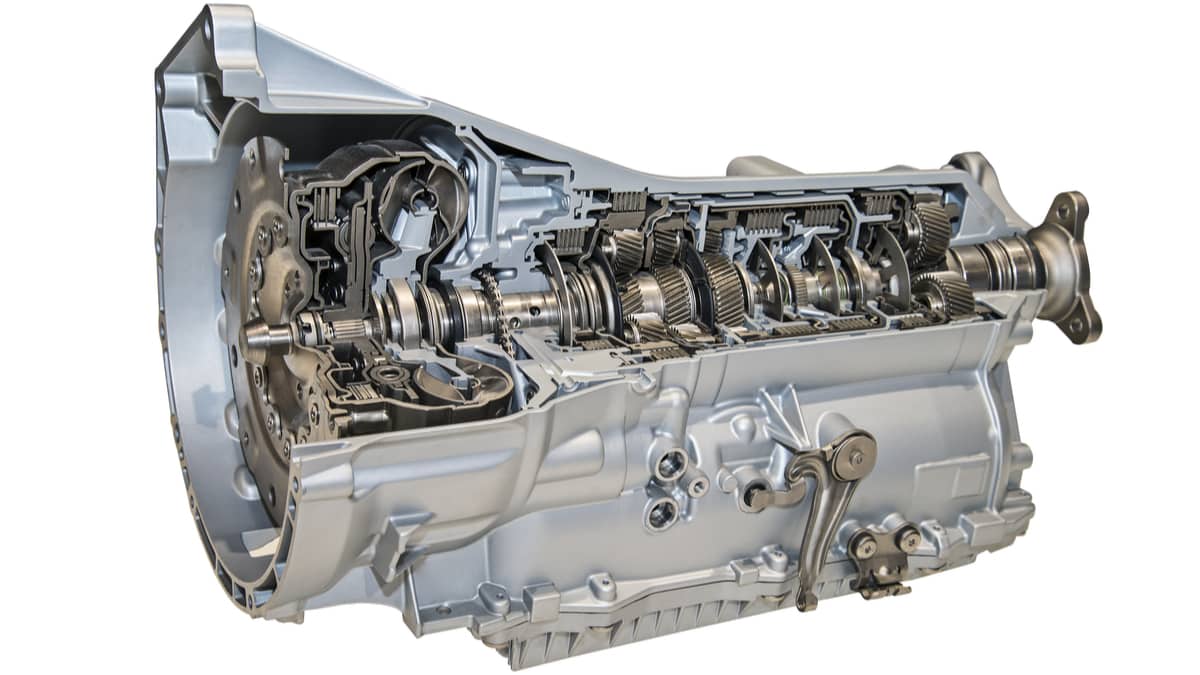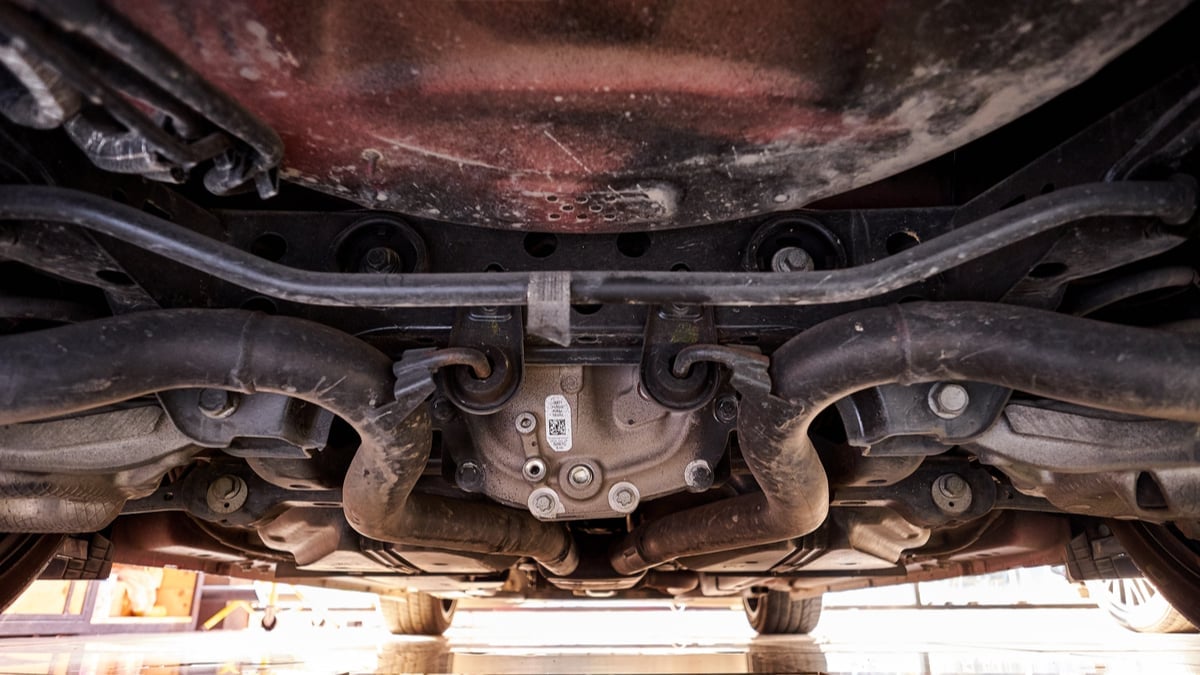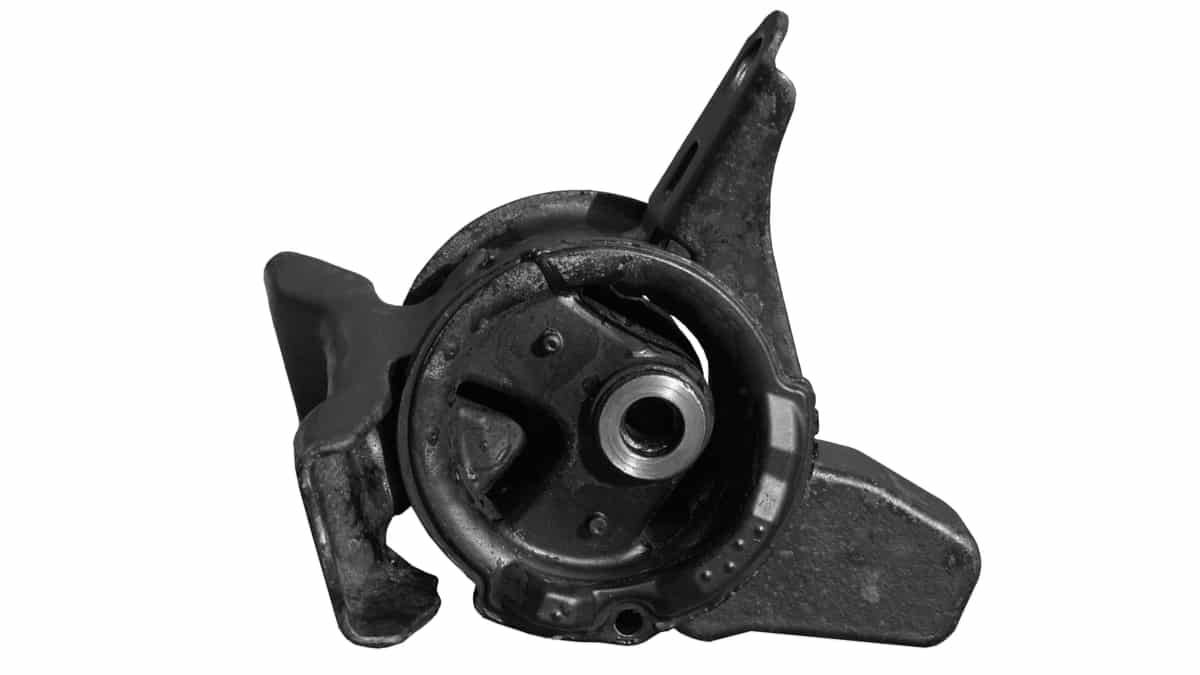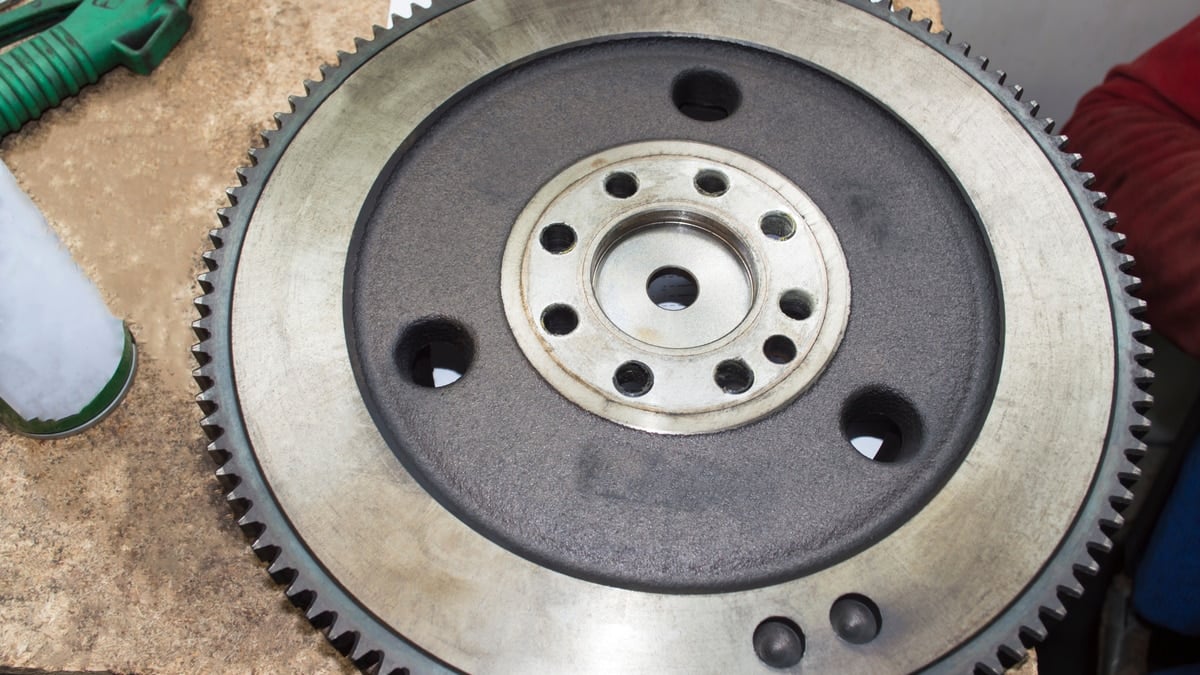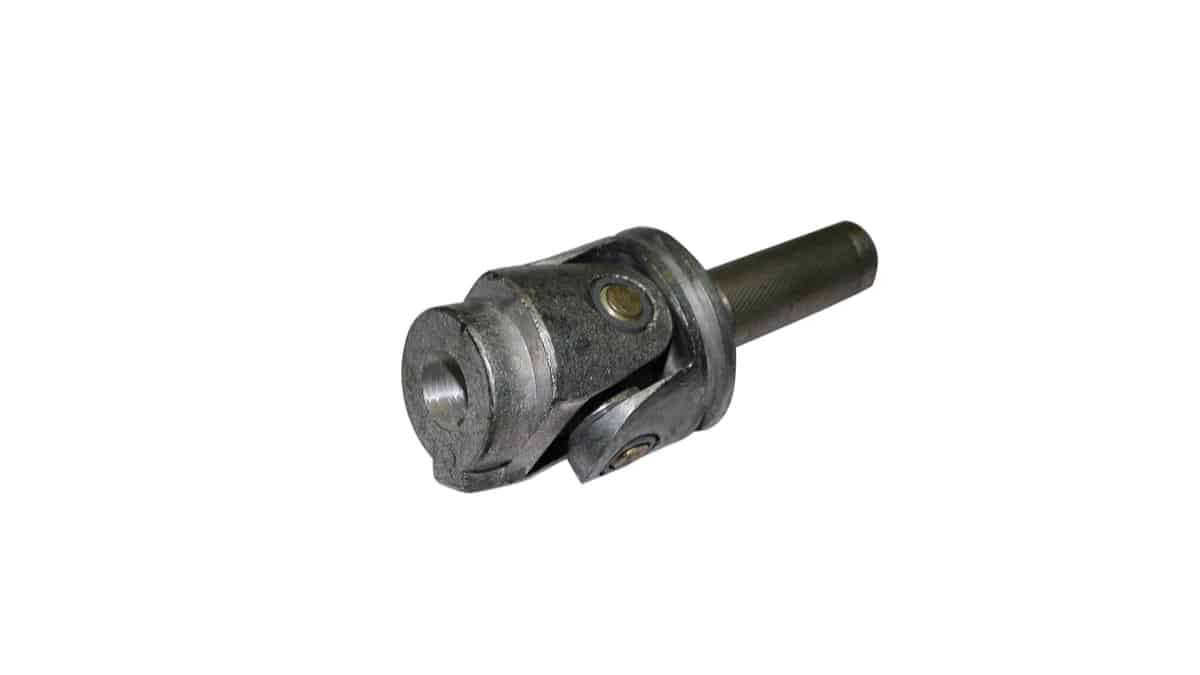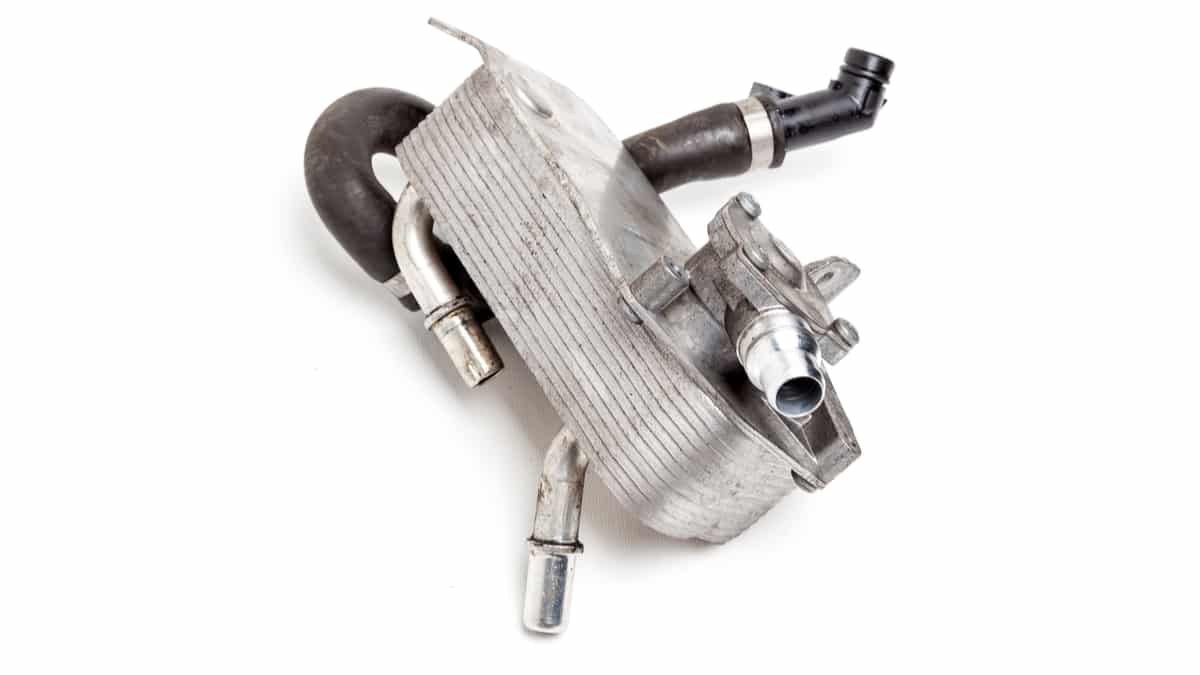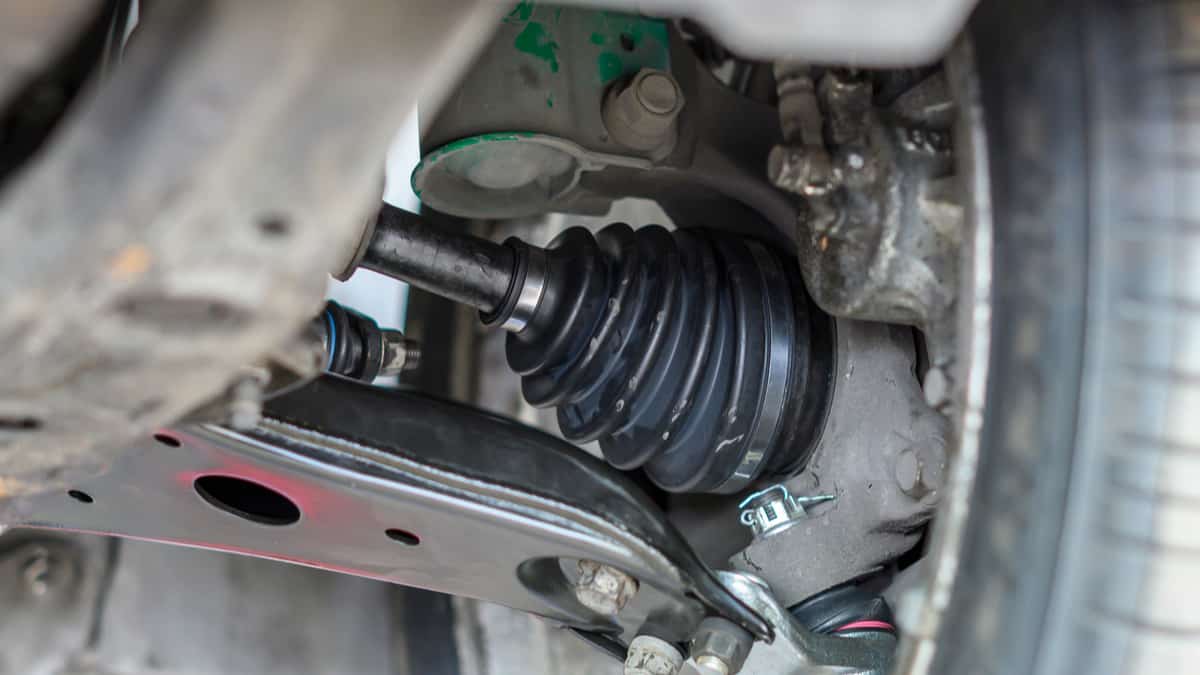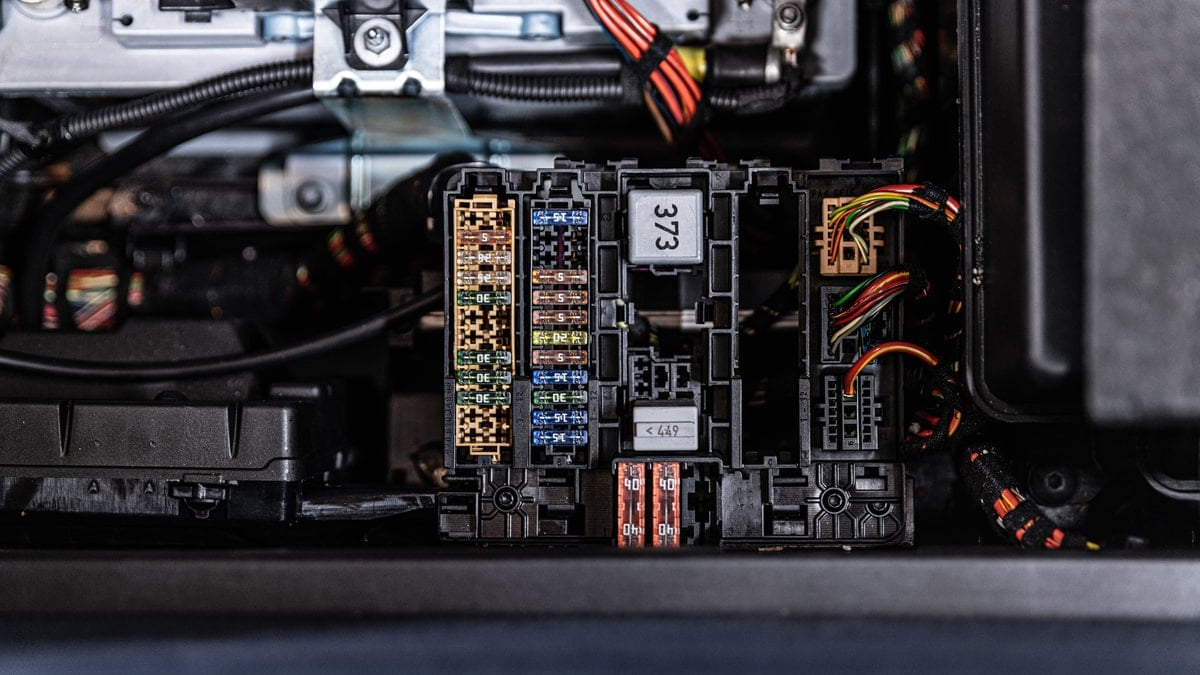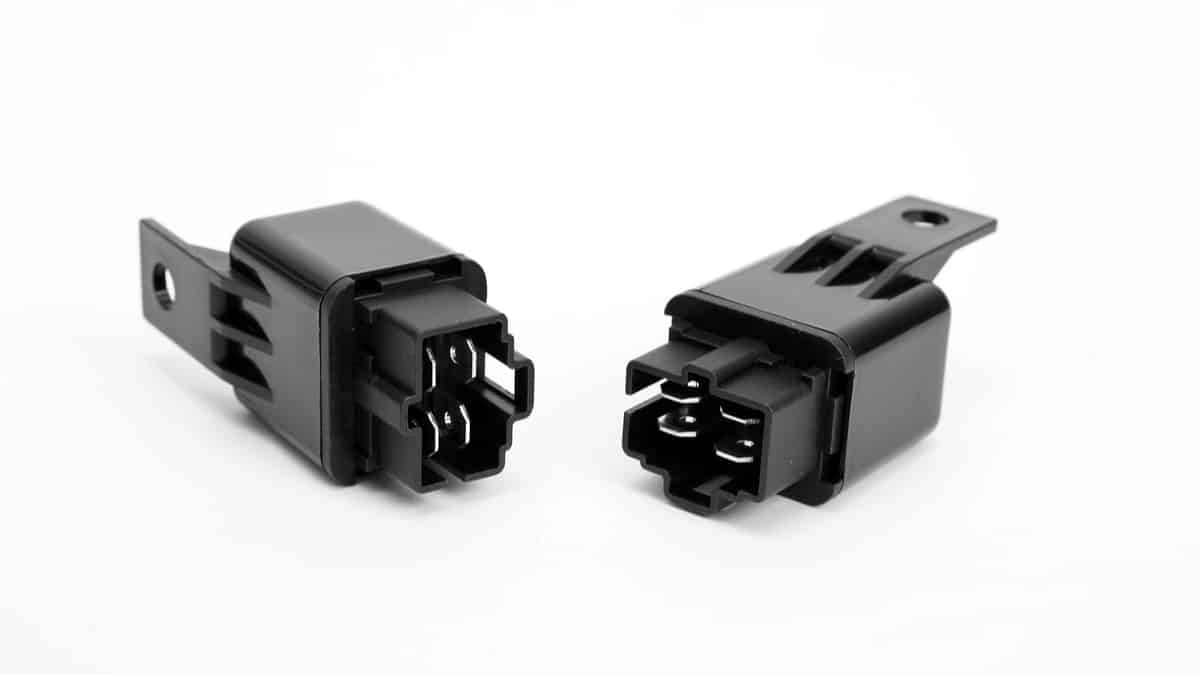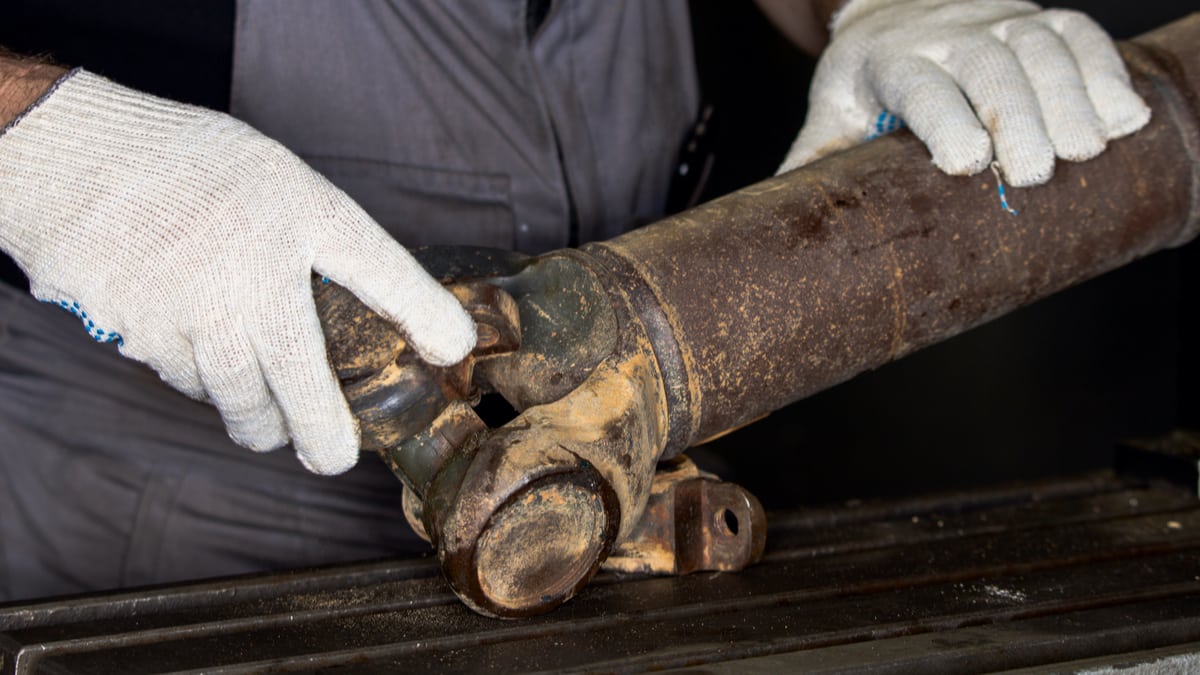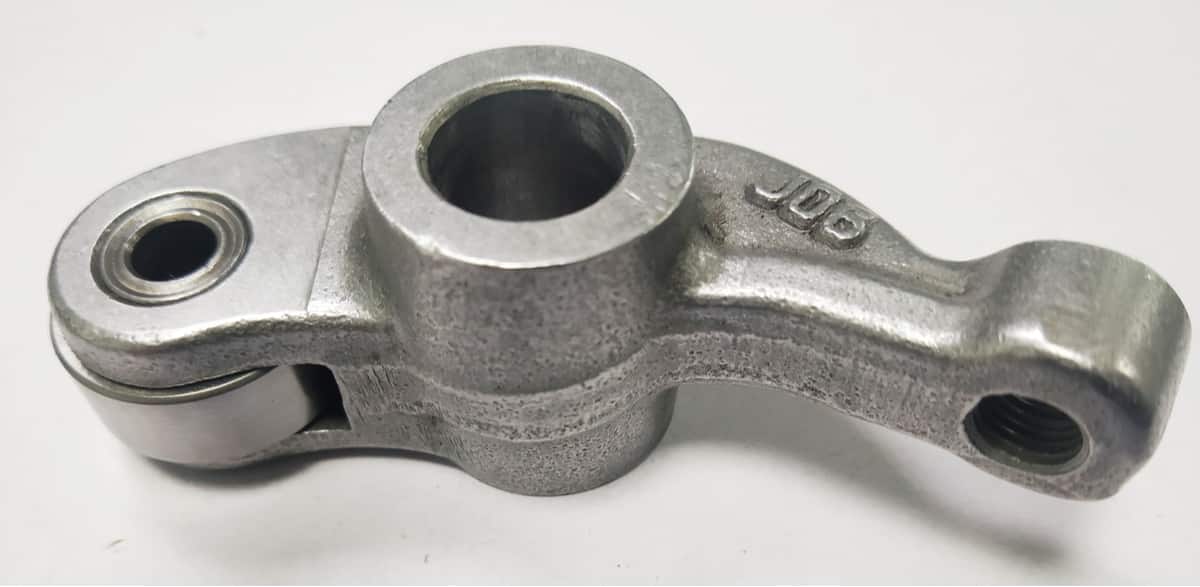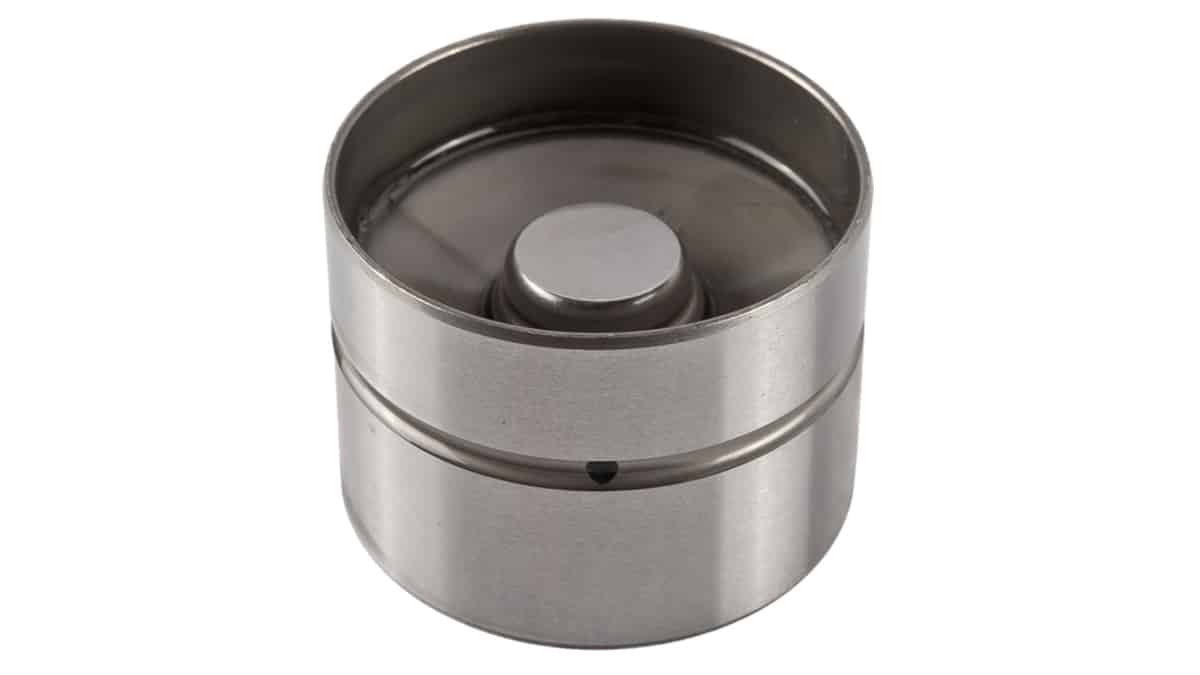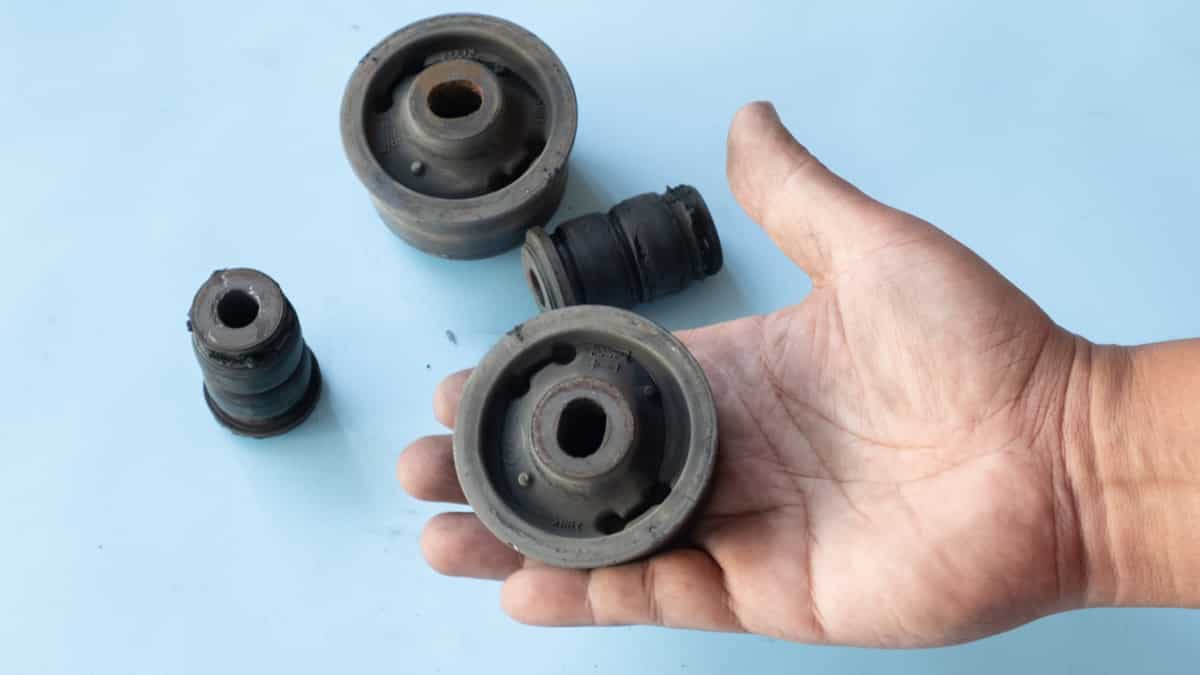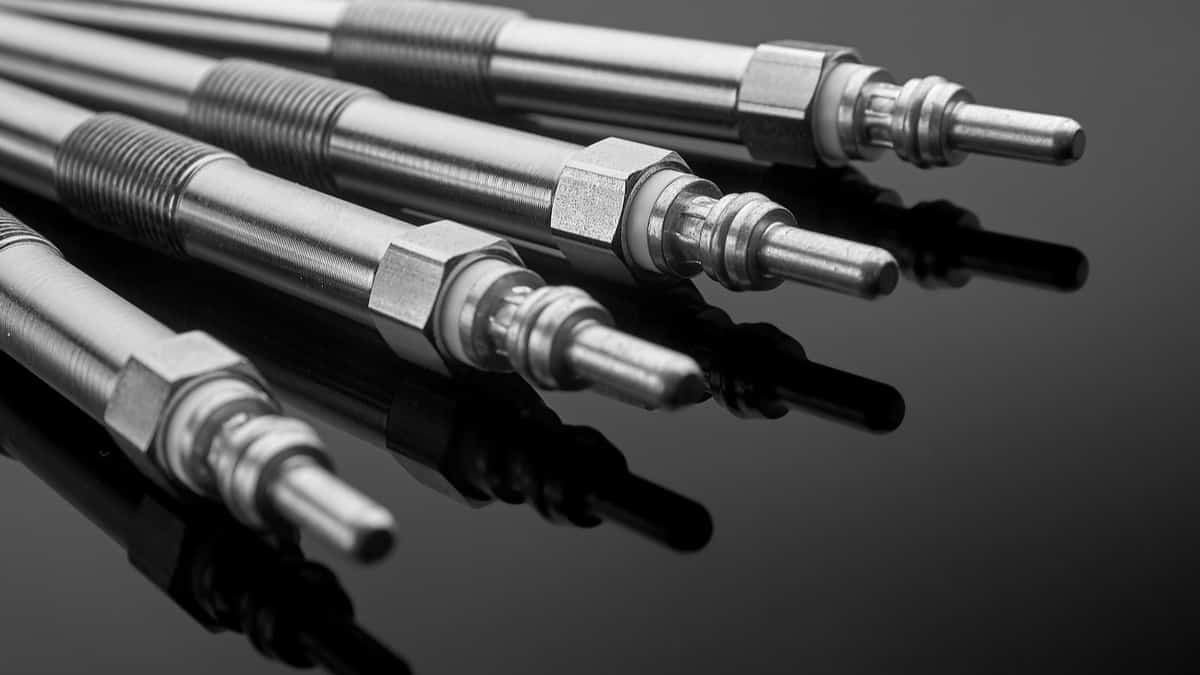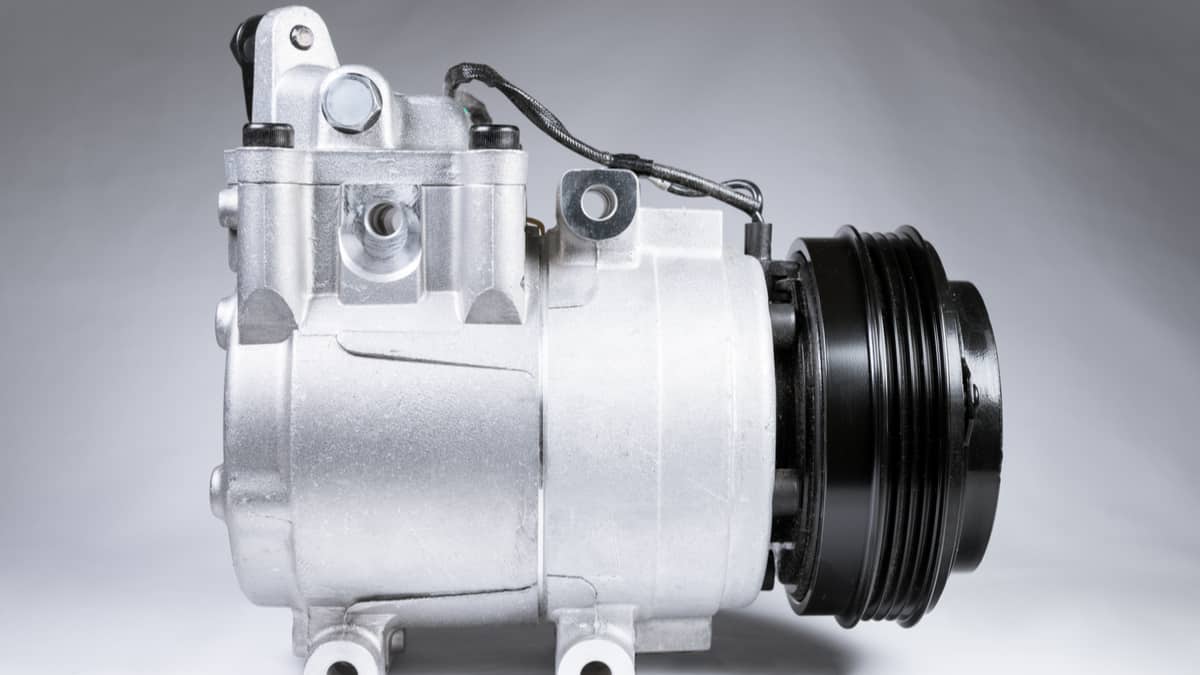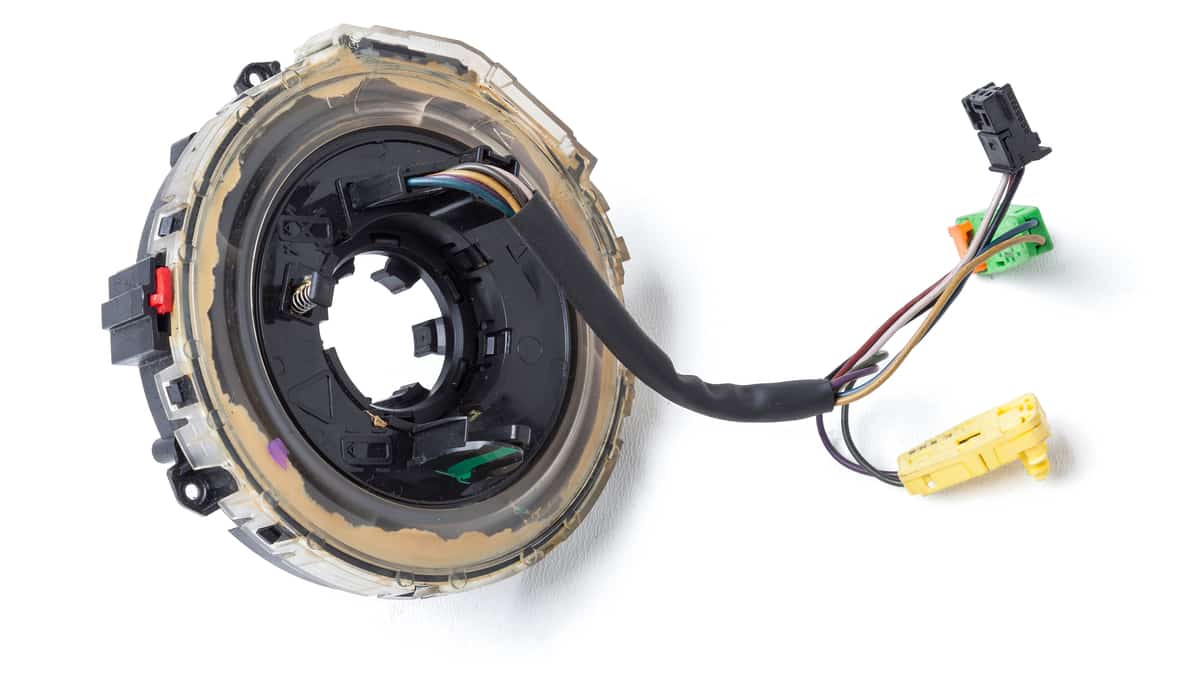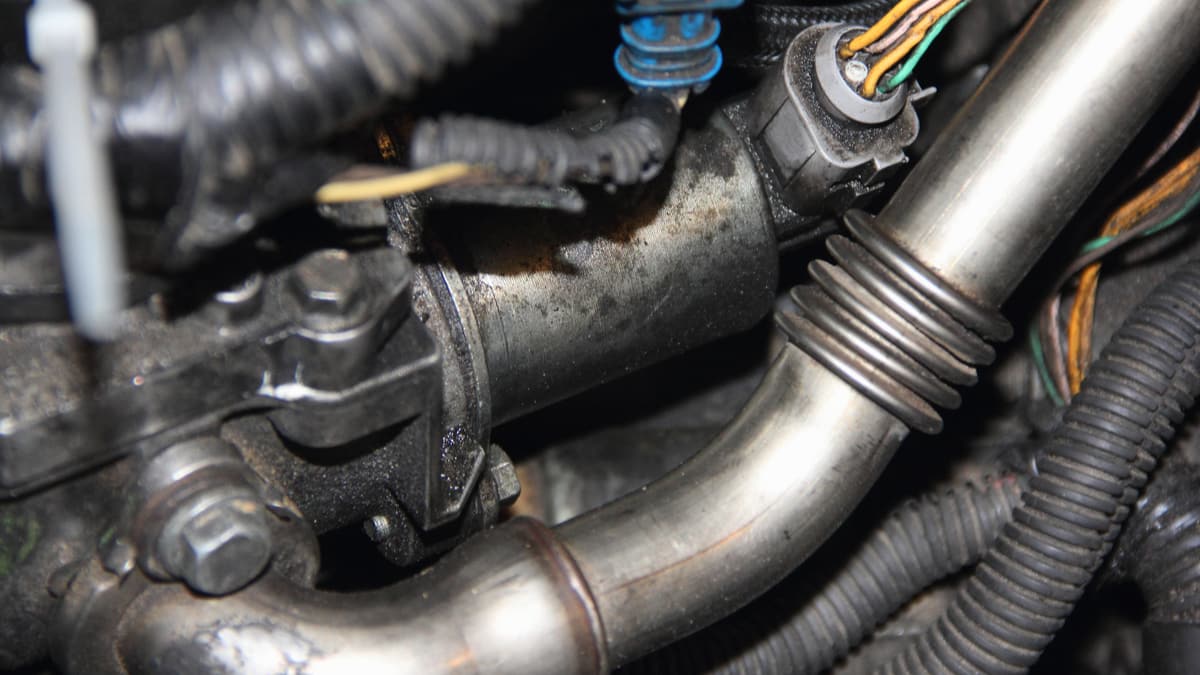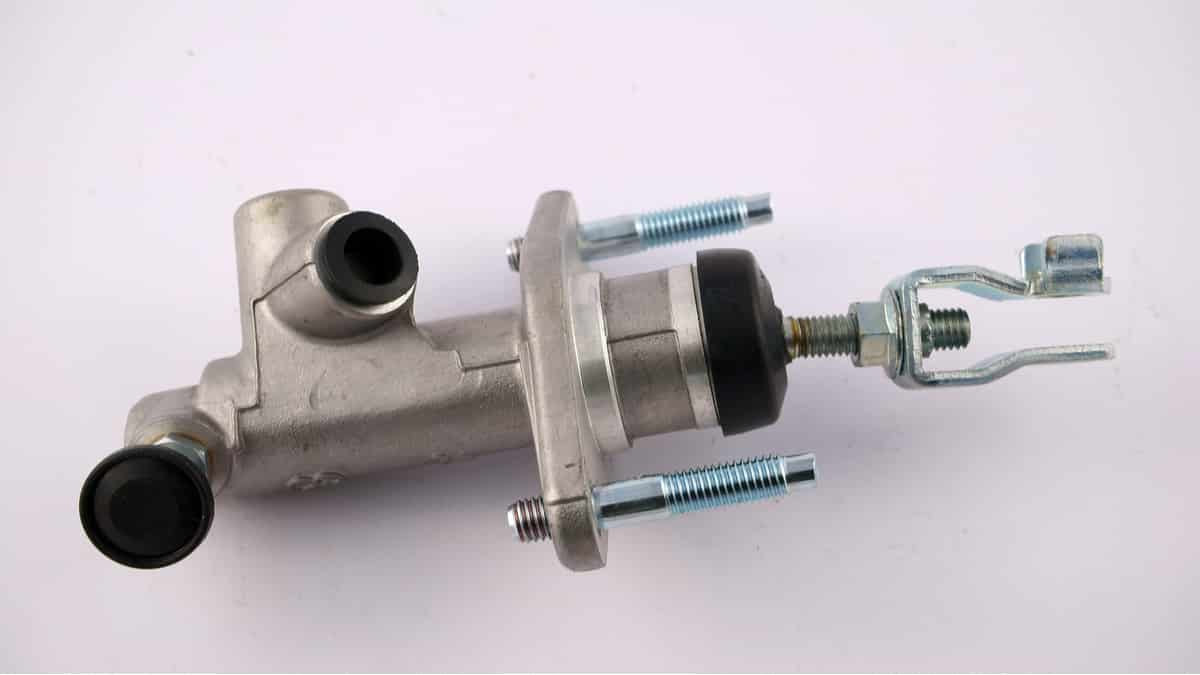The two most significant components that make up your vehicle are the engine and the transmission. While people love to talk about engines, transmissions don’t get the same amount of love.
The transmission is a critical part of your vehicle, and if anything starts to go wrong, you need to address it immediately. If you can catch a small transmission problem, you can often prevent it from turning into a big one and save yourself a ton of money.
But what should you keep an eye out for, and how much does a transmission replacement actually cost? I’ll cover all of that and more, here. Let’s begin with a quick look at the signs to look for.
Symptoms Of A Bad Automatic Transmission
The most common symptoms of a bad transmission are shifting issues or no movement when you engage the Drive or Reverse gear. If you hear banging and clunking noises when changing the gear, it may also signify a worn transmission.
Here’s a more detailed list of the signs of a bad or failing automatic transmission to look for:
1. Odd Noises When Shifting
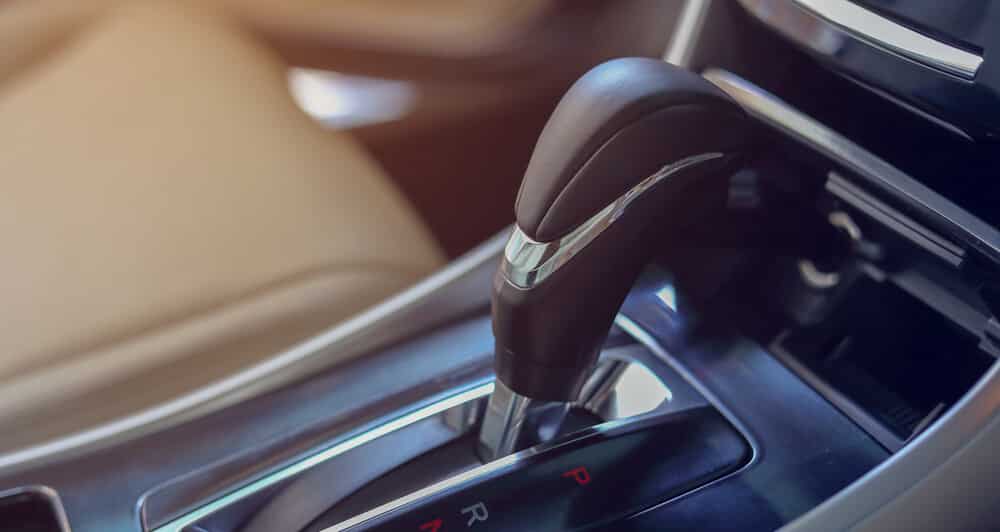
This is the most common sign of an aging transmission. As the gears shift, you hear lots of banging and clunking noises, which you know aren’t normal. You hear those sounds because something’s moving around inside your transmission that shouldn’t be.
This could also be a problem with your transmission timing, but it’s a problem either way. You can try an additive, but your transmission likely needs a fluid change or rebuild before you fry it completely.
2. Rough Shifting
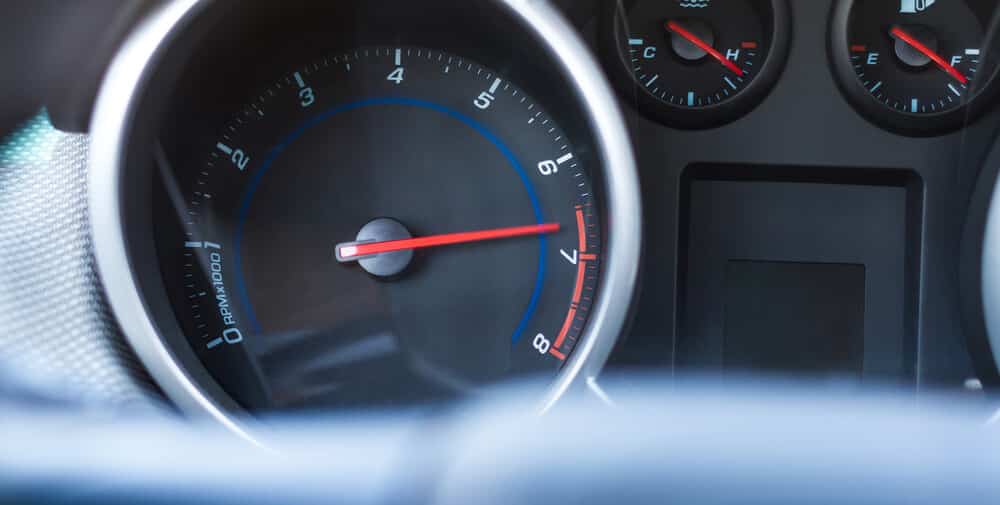
You should barely feel when an automatic transmission shifts into a new gear. So, if you feel a clunk, jerk, or any other unnatural movement as your transmission shifts gears, this is a sign that you have an underlying problem that you should look into.
3. Leaking Fluids
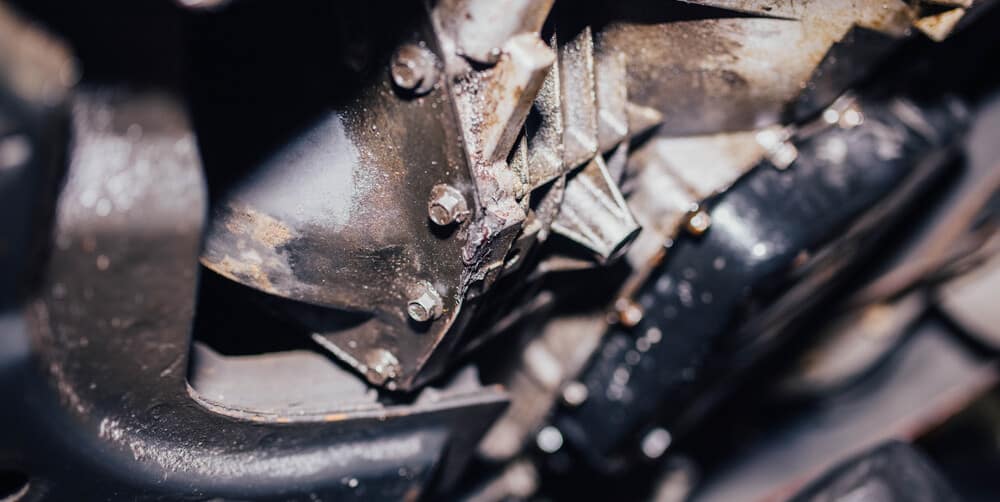
If you look underneath your vehicle and see a red fluid starting to puddle, chances are you have a transmission leak. While it’s highly unlikely you’ll need to replace your entire transmission, you need to get it repaired as soon as possible. Otherwise, more significant damage can result.
RELATED: 6 Causes of Transmission Fluid Leaks
4. Burning Smells
Anytime you smell something burning, that’s a bad sign. If that burning smell is coming from your transmission, it’s even worse. When something smells like it’s burning inside your transmission, something is burning inside your transmission.
You might be able to fix the problem with a transmission flush, but if the problem persists, you’re going to need a rebuild or a new transmission.
RELATED: 7 Causes Why Car Smell Like Burning Rubber After Driving
5. Trouble Getting Into and Out of Gear
It’s your transmission’s job to get you in and out of the right gear. So, if you can feel that your transmission is struggling to get in and out of gear, that’s a sign of an underlying problem you need to address.
6. Check Engine Light
While it’s called a check engine light, most vehicles have it serving more than double duty. One of the additional components that it usually keeps tabs on is the transmission. If you check the code and get something pointing you towards the transmission, you have a problem.
Some cars do actually also have a separate warning light for the transmission.
7. Slipping Gears
A slipping transmission is a very common cause of a bad transmission. If you notice that your transmission is slipping into the wrong gear before jumping back into the right one, that’s a sign of an underlying problem.
8. Unresponsive – Loss of Performance
When your transmission isn’t functioning the way it should, it’s not uncommon for it to revert to more basic functions or lose gears entirely. If that happens, performance is going to suffer as a result.
So, if you find that your vehicle isn’t accelerating as fast as it should, or if it can’t seem to get past a certain speed, you might need to take a look at your transmission.
The Function of an Automatic Transmission
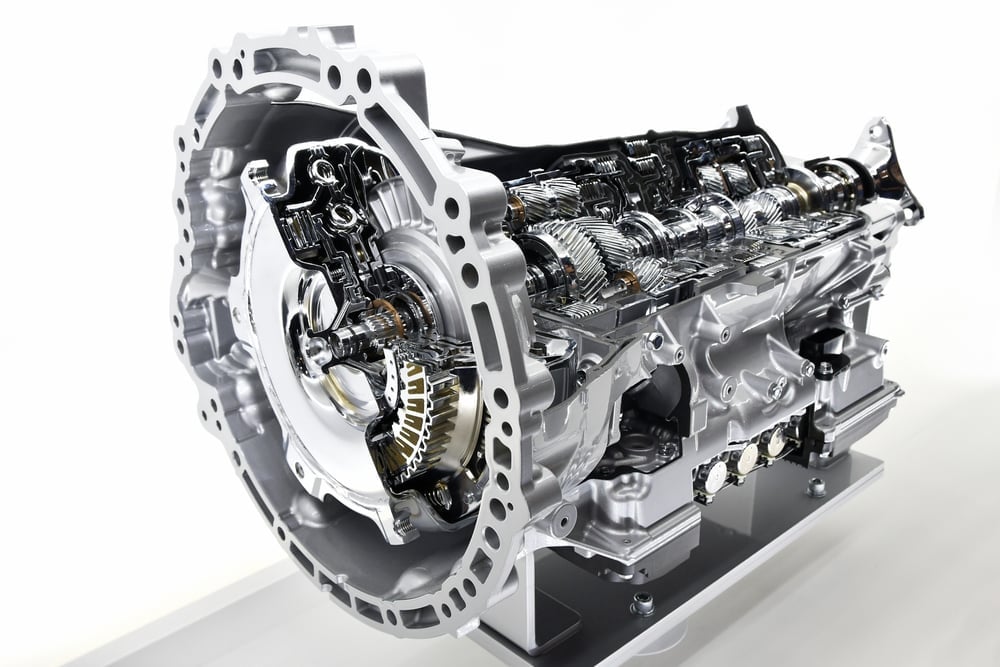
The transmission is your vehicle’s power delivery unit. While your engine produces the power, your vehicle won’t move an inch until your transmission delivers it to the wheels.
There are tons of gears inside your transmission, and each one excels at different functions. These differing gears optimize power output for different functions, from low-speed driving to accelerating and optimizing fuel efficiency.
Your vehicle’s automatic transmission does this in many ways, but it’s heavily dependent on sensors feeding the TCM accurate information. That’s why it’s so important to replace faulty sensors as soon as possible. Otherwise, you’re risking damage to your transmission, which can lead to expensive repairs.
Automatic Transmission Location
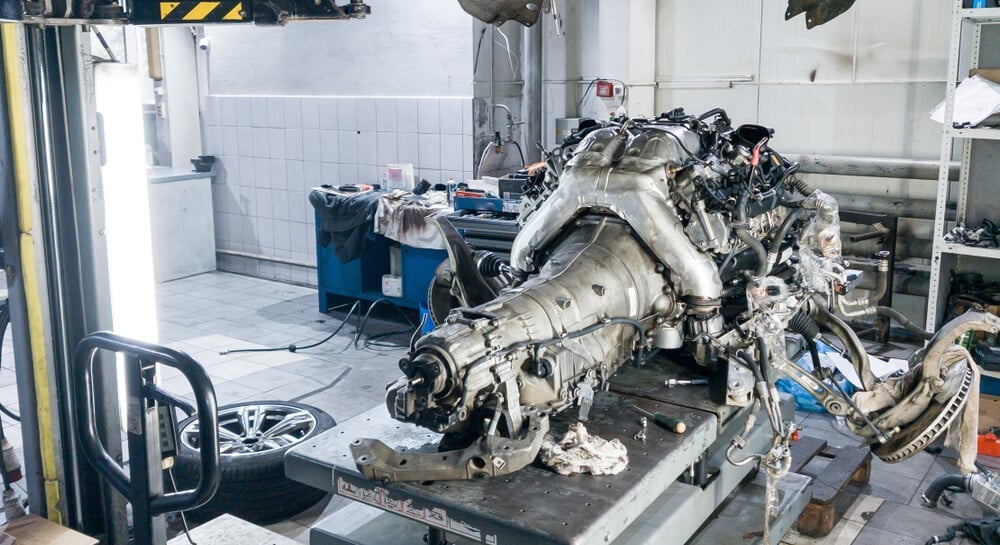
Your automatic transmission is located at the rear of your engine. The actual location inside your vehicle can vary depending on the placement of your engine. While most engines have their serpentine belts (and thus the front of the engine) facing the front of the vehicle, some vehicles have a sideways mounted engine.
In this case, you can usually find the transmission closer to the front of your vehicle. However, with a traditionally mounted engine, the transmission is typically located towards your vehicle’s center, connected to the driveline.
Automatic Transmission Replacement Cost
The average transmission replacement cost is between $200 and $6,000. While this is a lot of money, the good news is that you don’t usually need to replace your entire transmission. Even if you need significant repairs, a rebuild will usually do the trick.
Transmission rebuilds cost, on average, about $2,500. Once again, this isn’t cheap, but it’s far cheaper than a new transmission.
However, if you catch a problem early, you might be able to get away with a minor repair like transmission position sensor replacement or a transmission fluid flush. These jobs typically cost $300 and $150, respectively.
Please keep in mind that these costs can vary depending on the type of vehicle that you drive and where you take it for repairs. Furthermore, if you opt for aftermarket parts, you’re likely going to spend less money than if you opt for an OEM replacement.
Finally, dealerships will typically charge you more for repairs compared to a local repair shop. However, the dealership will offer certified mechanics with tons of experience working specifically on your type of vehicle.
Categories: Transmission
